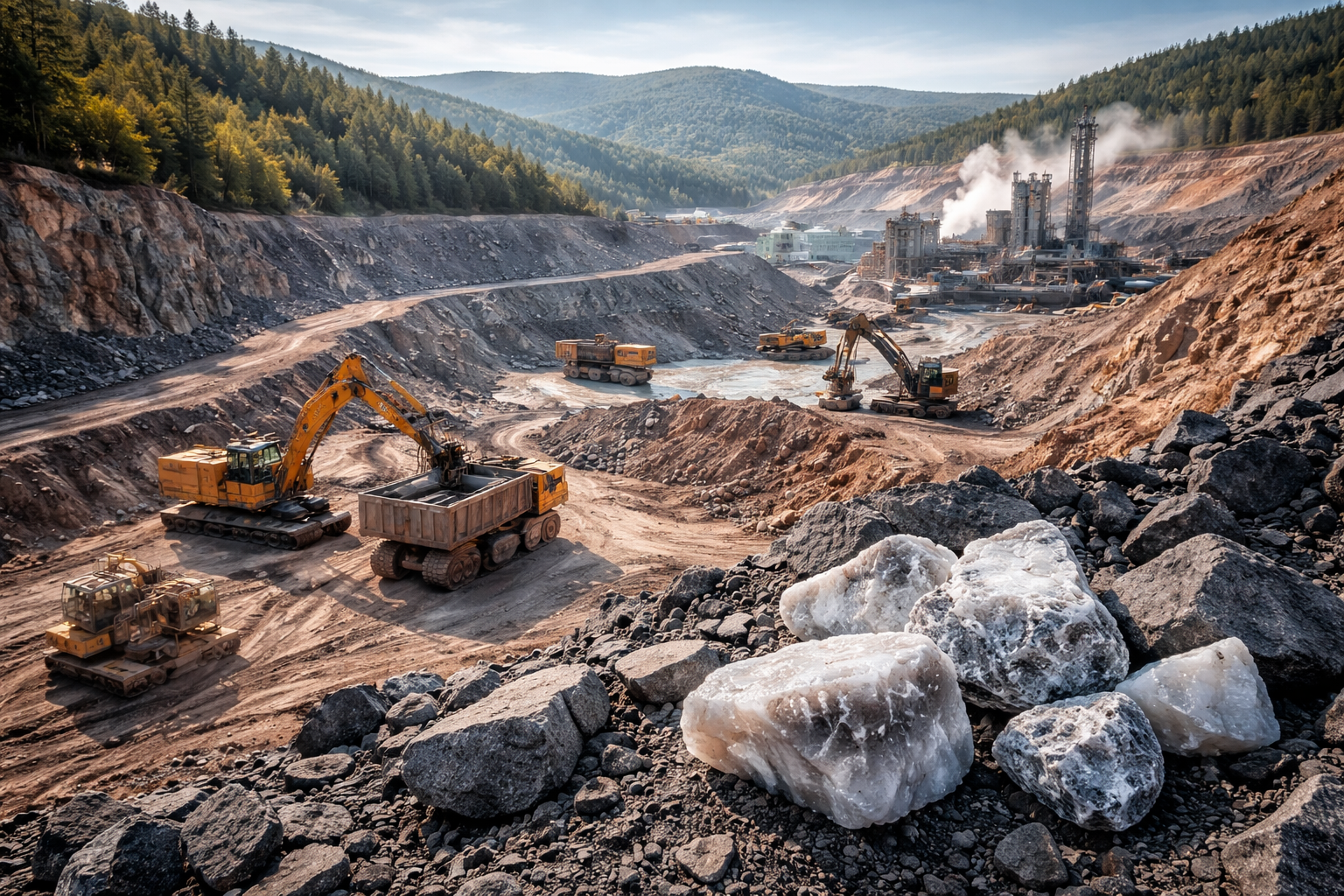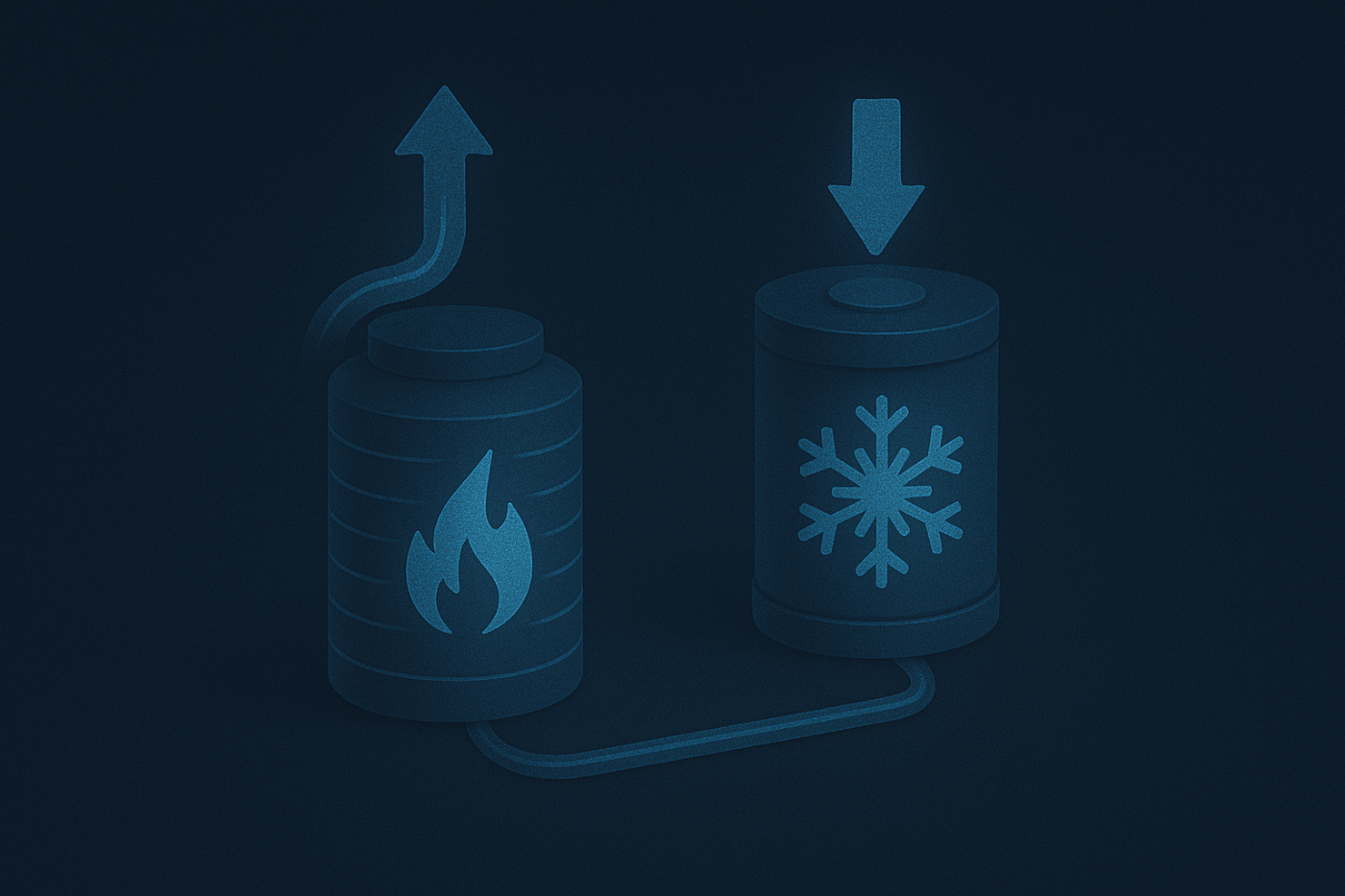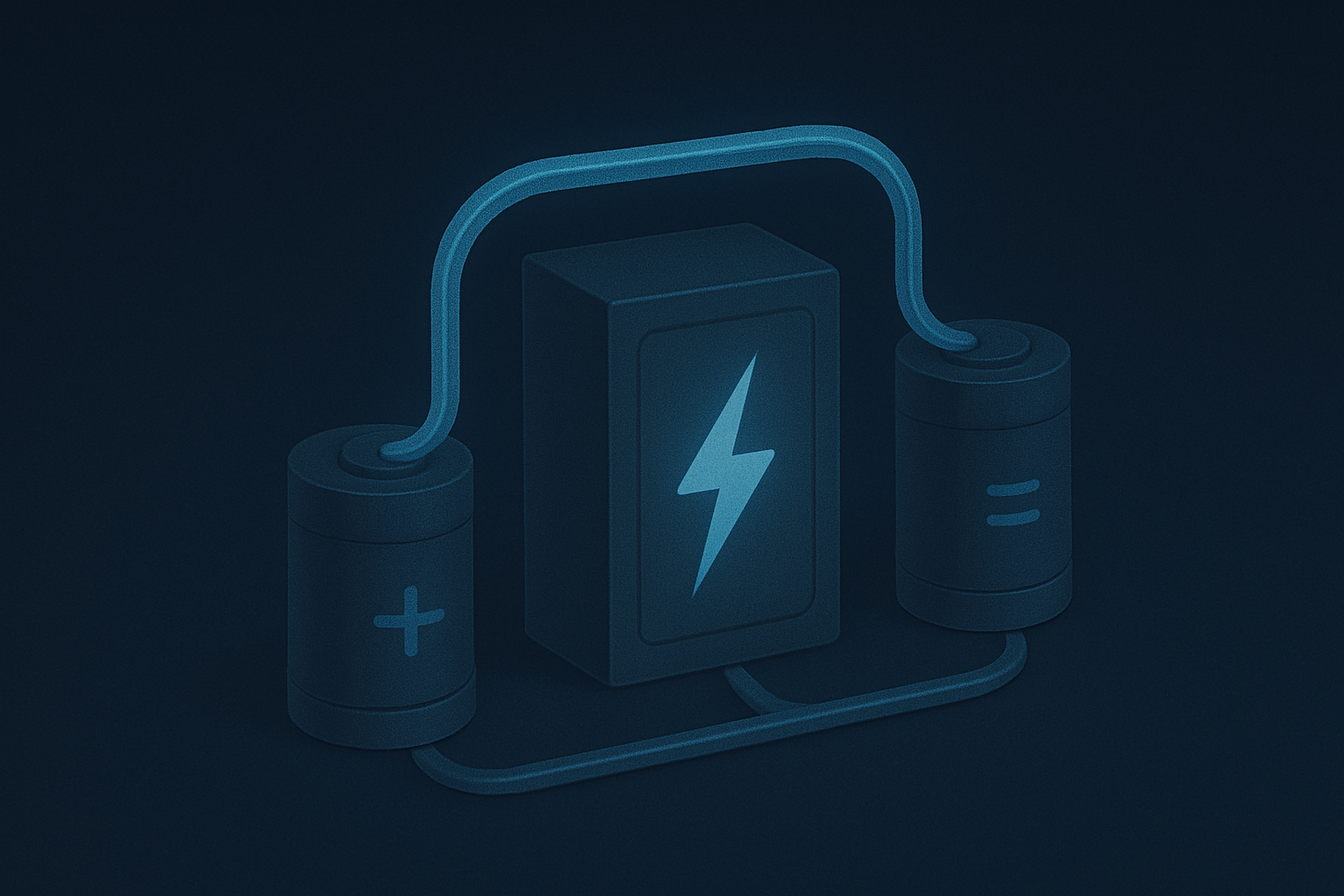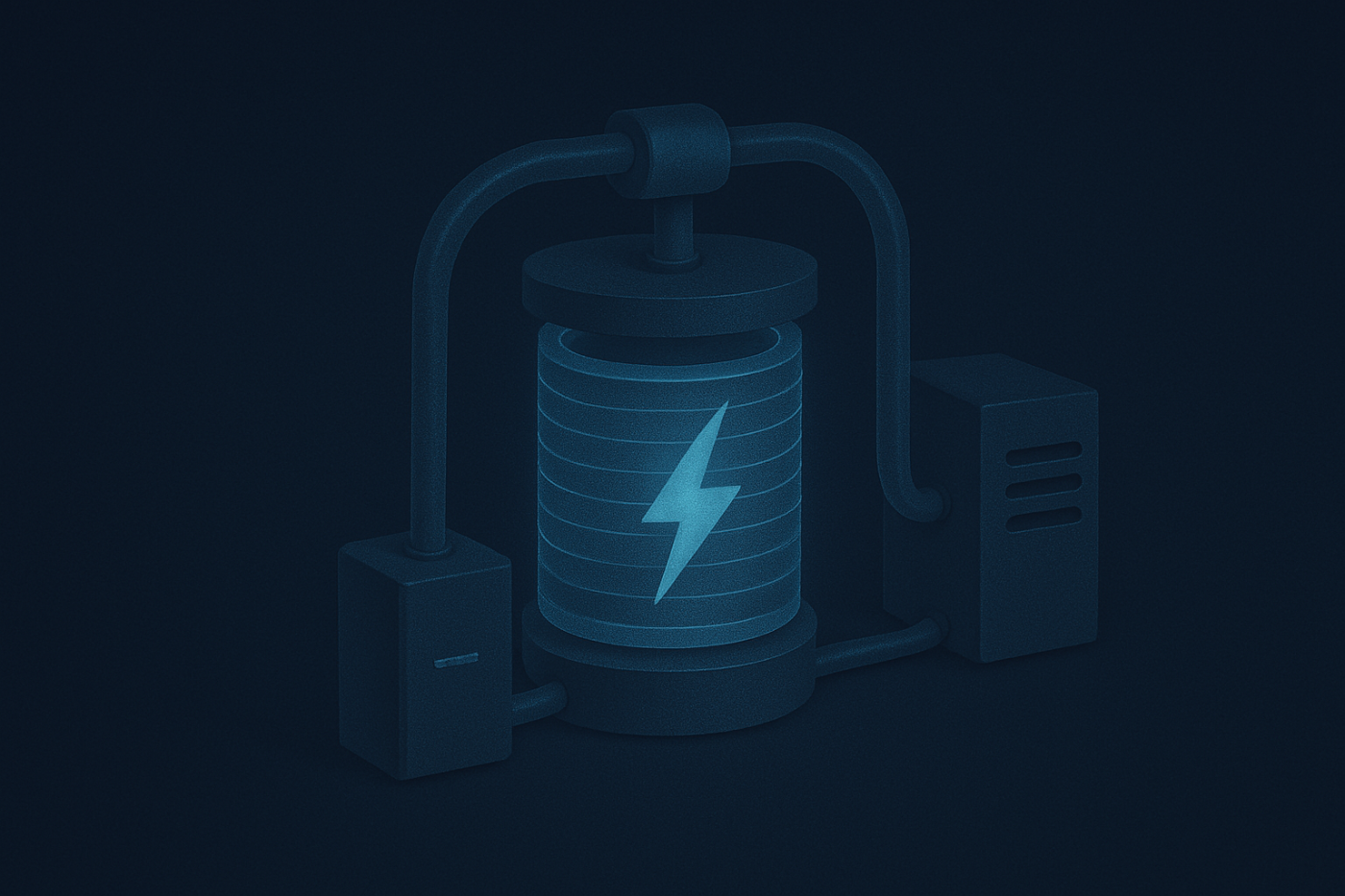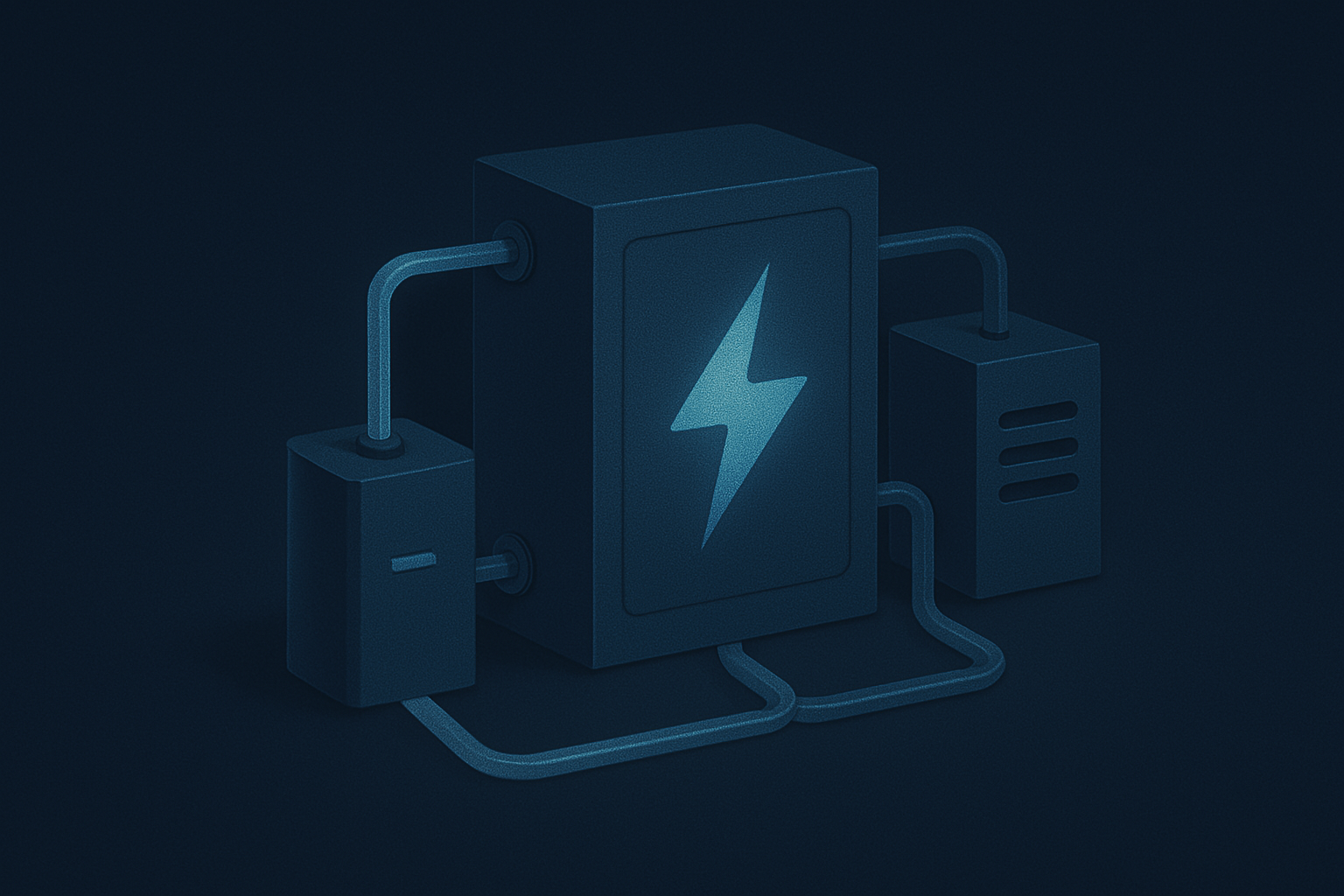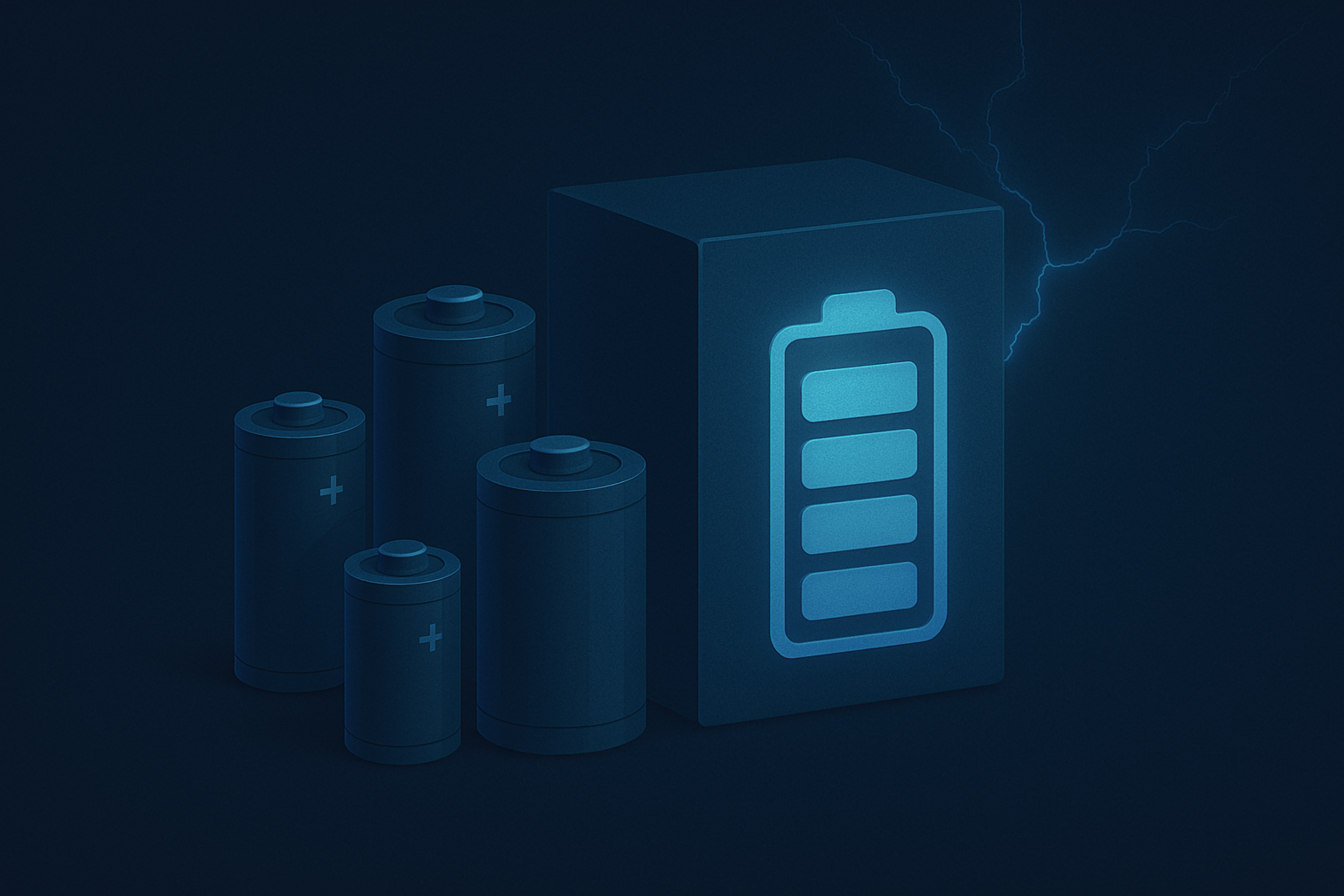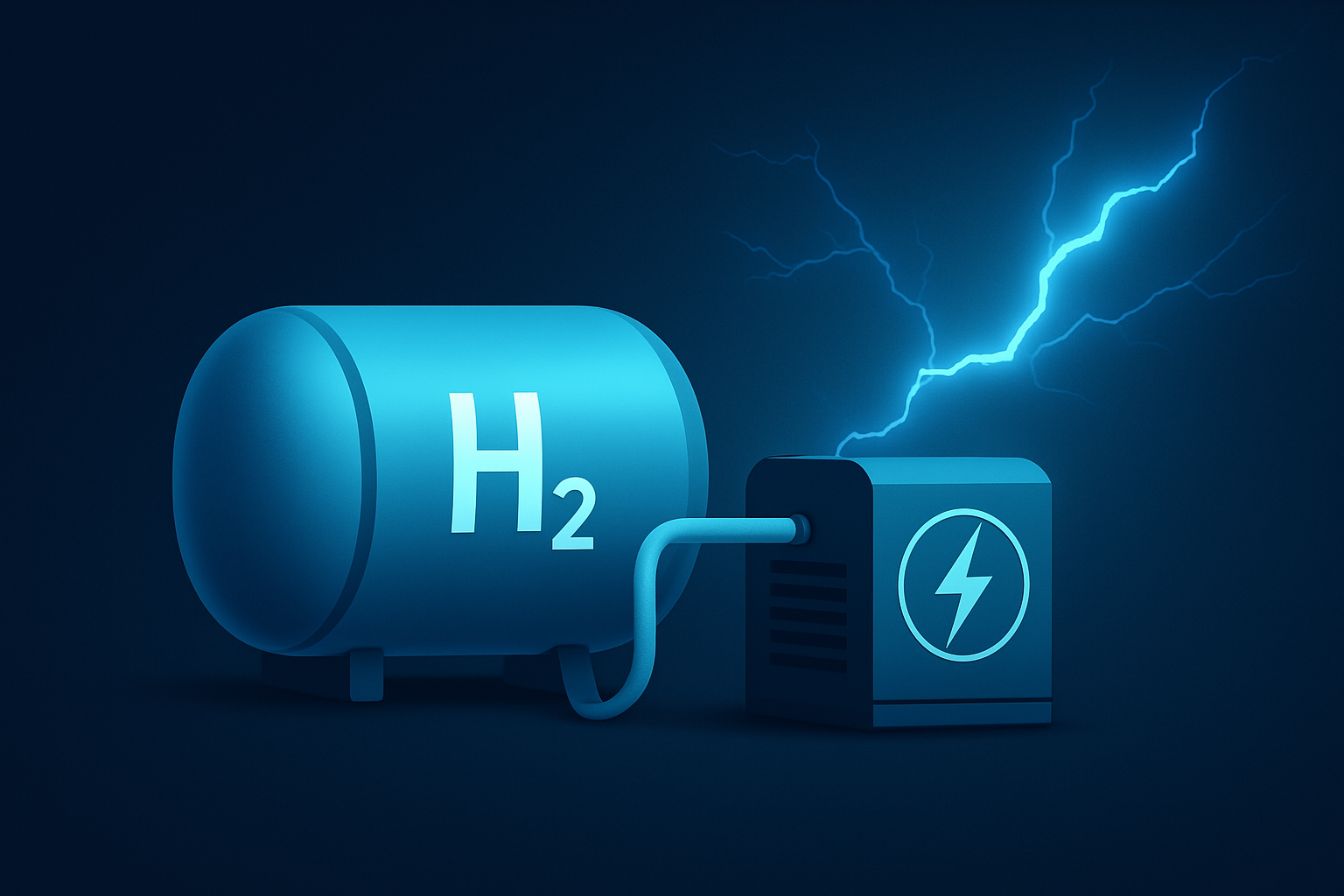
Energy Storage and the Intermittency of Renewables – Why It Matters for Romania and Hungary – Part 8
What’s at Stake: The Future of Energy Security, Climate, and Daily Life
The transition to a renewable energy future in Hungary and Romania is about more than just meeting EU targets—it will directly shape the region’s energy security, economic prospects, and environmental health for decades to come. Getting energy storage, grid upgrades, and renewable integration right will deliver clear benefits, while failure to act will bring tangible risks for citizens, businesses, and governments alike.
Economic Stability and Competitiveness
A flexible, resilient power system underpinned by robust energy storage is vital for maintaining stable electricity prices. Recent episodes in Central and Eastern Europe have shown how grid bottlenecks and renewable curtailment can lead to wild price swings, even forcing Hungary to pay neighboring countries to take excess electricity to avoid blackouts (Central European Times, 2025). Conversely, countries that invest in storage and modernize their grids can attract green industry, create new jobs, and benefit from lower, more predictable energy bills.
Energy Independence and Security
Europe’s recent energy crises have made it clear: dependence on fossil fuel imports, especially from geopolitically unstable regions, is a vulnerability. By maximizing the use of local renewable resources—backed by storage and flexible infrastructure—Hungary and Romania can insulate themselves from global price shocks and supply disruptions. Projects like the cross-border Black Sea subsea interconnector (linking Azerbaijan’s renewables to the region) further diversify supply and enhance security (Reuters, 2024).
Climate Action and Environmental Benefits
The climate stakes are real and immediate. Buildings alone account for 40% of energy consumed and 36% of energy-related greenhouse gas emissions in the EU (European Commission). Every kilowatt-hour of renewable energy stored and used locally is one less generated by polluting fossil fuels, cutting air pollution, reducing respiratory illness, and making cities more livable. Failure to balance renewables with storage, on the other hand, will increase curtailment and slow progress toward the EU’s climate neutrality goals for 2050.
Social Impact and Public Wellbeing
A modern, stable grid and affordable green energy support social equity. Lower, stable energy bills help protect vulnerable consumers. Well-managed renewables and grid upgrades mean fewer power outages and more reliable services, from schools to hospitals.
The Bottom Line
The choices Hungary and Romania make now will determine whether they become leaders in Europe’s clean energy transformation—or risk falling behind. Investments in energy storage, grid modernization, and cross-border cooperation are not just technical upgrades: they are essential building blocks for a secure, healthy, and competitive future. The time to act is now.
Banner designed by Freepik
News & Events
Read the most recent updates and explore the upcoming events.

